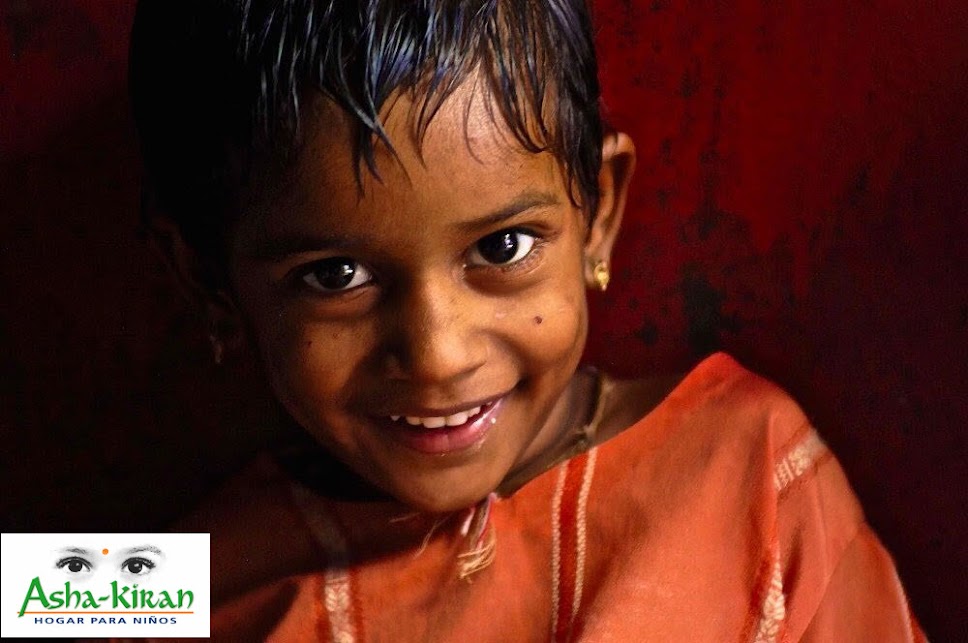In September 2000, the UN set eight goals to eradicate or reduce the main social problems of the planet. The Millennium Development Goals were the first universal political program with the aim to improve overall living conditions by a specific date: 2015. The aim was to have the richer countries put forth more and better resources to end hunger, reduce poverty and gender inequality, ensure access to primary education for all children, curb disease and achieve sustainable environmental development.
Now, the UN faces the failure of the most ambitious project in its history and it is working to develop a political strategy to propose a time extension and setting new goals. “The tragedy is that the UN has no power to impose the common good to the true masters of the world, which are multinational corporations”, argues an adviser to the Human Rights Council. “The ones who make and enforce decisions are 500 private corporations that control more than half of the gross world product. The worst thing is that organizations within or associated with the United Nations act as mercenary entities for such multinational organizations, favoring the privatization of all public goods.”
The reports being drawn up by high UN officials will aim to create an atmosphere of ‘mobilizing optimism’ even though in 2015, half of the population on earth will suffer an acute shortage of drinking water and billions of people will have to make due with less than a dollar a day. Under such conditions, one would expect the UN to duly stimulate the exercise of responsibility on the part of the countries that have breached their social commitments.
Source: elmundo.es


